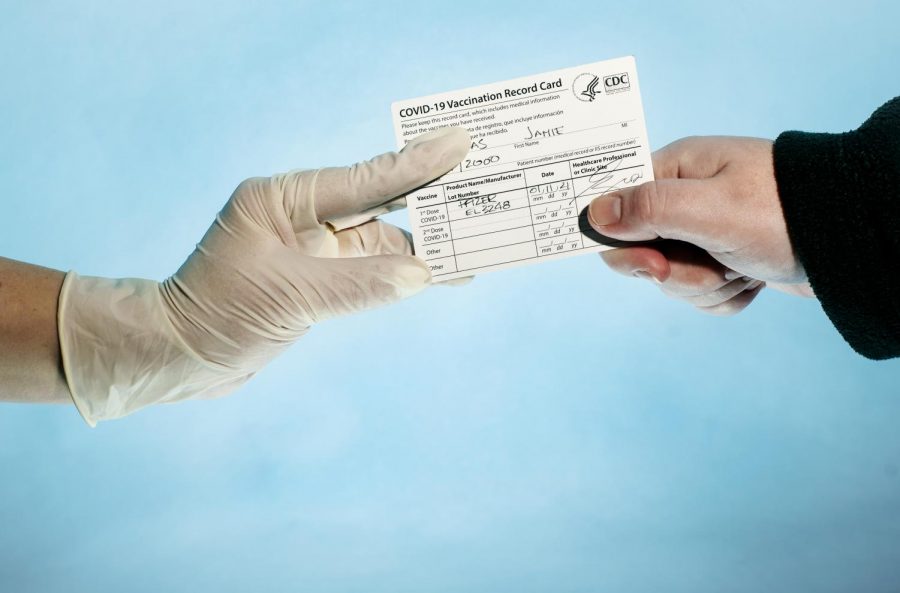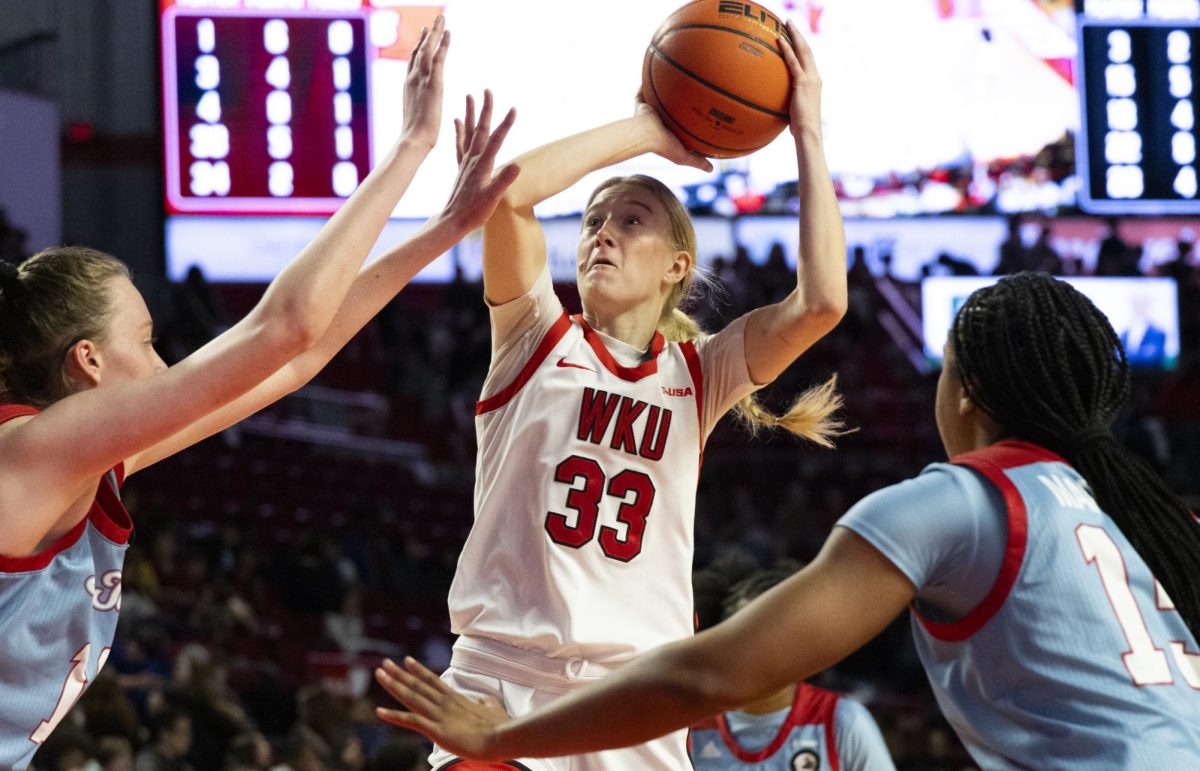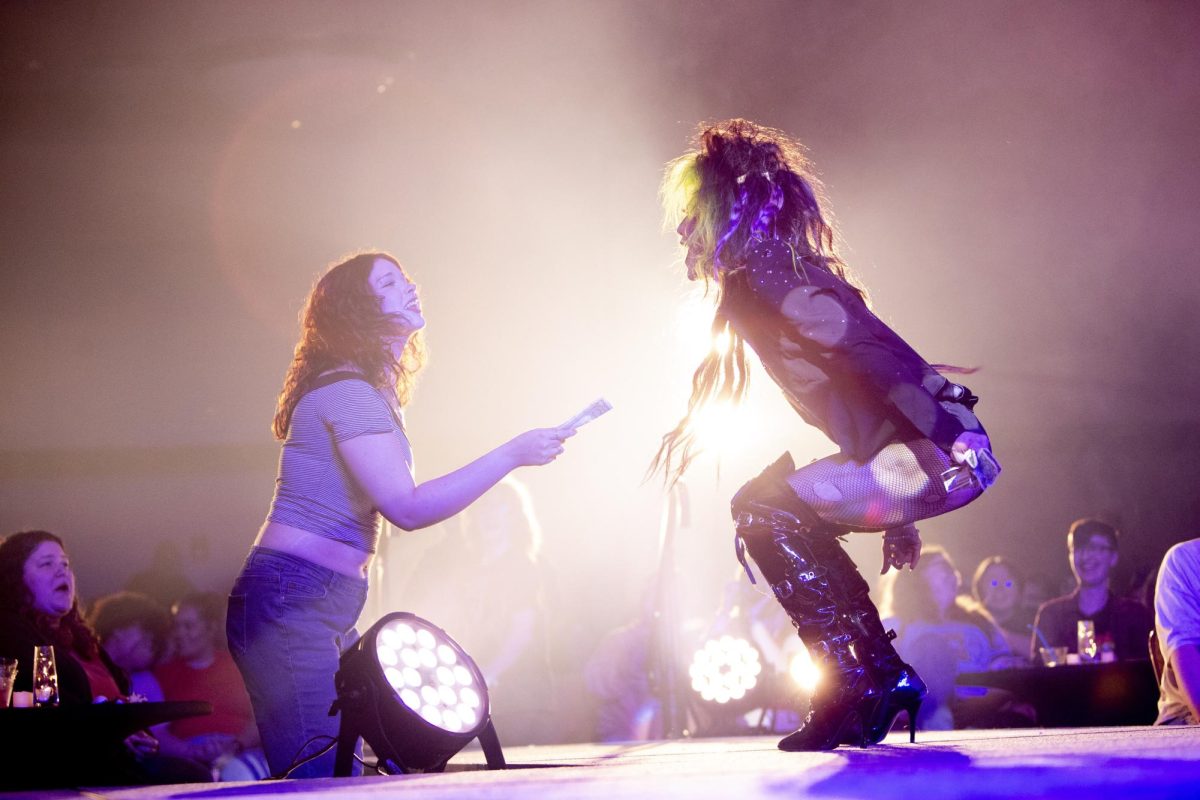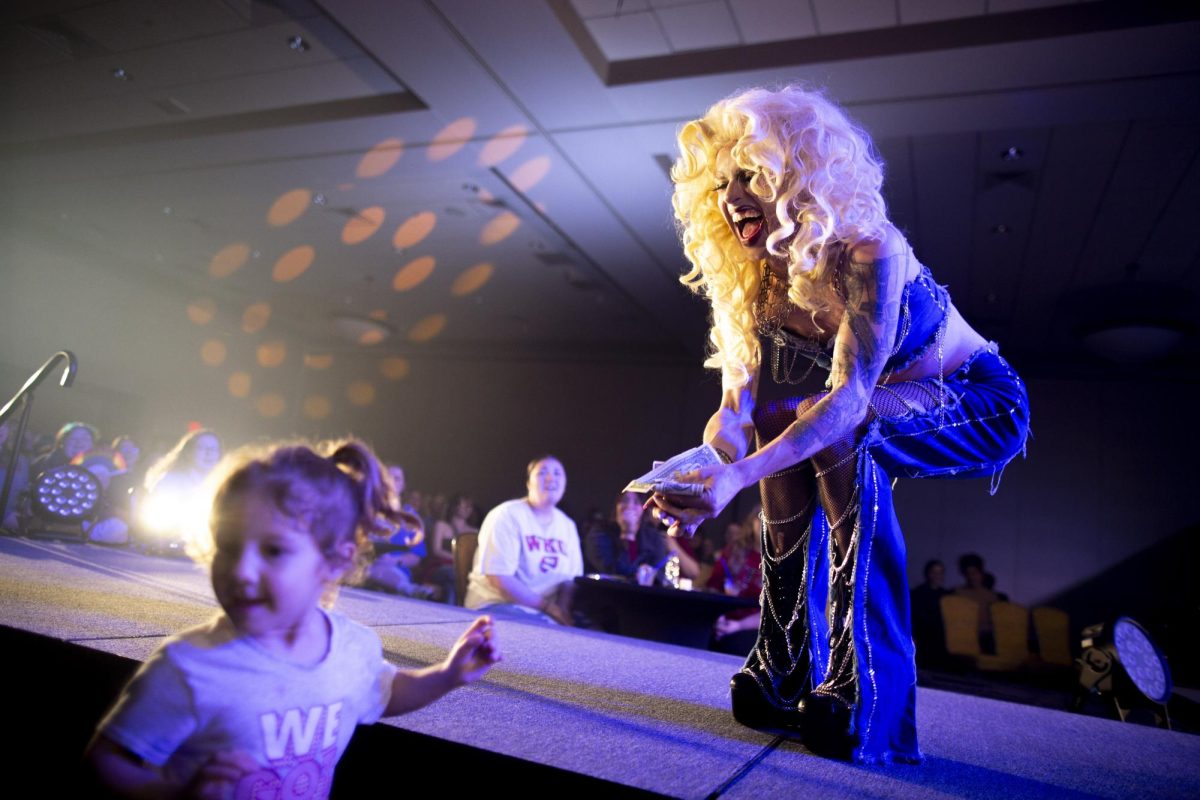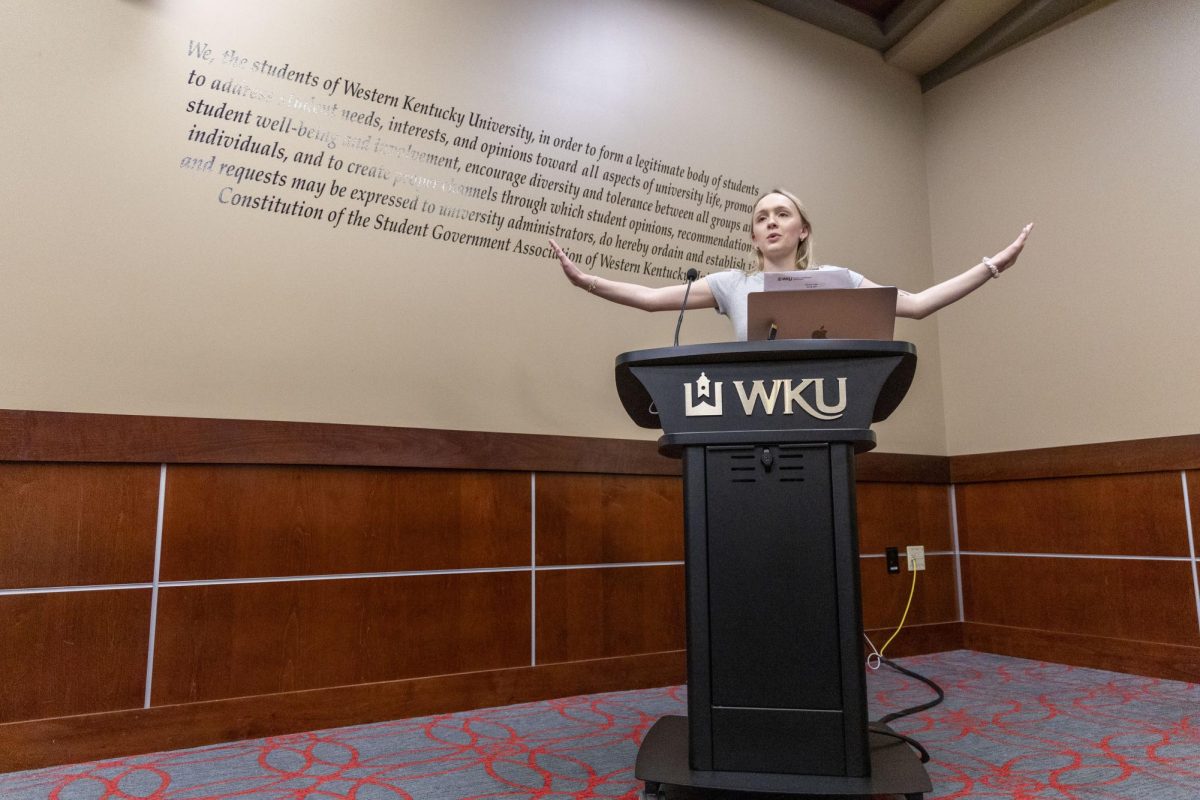What students need to know about the COVID-19 vaccine
January 19, 2021
While some WKU students have begun receiving the COVID-19 vaccine, others are uncertain of when they will be vaccinated.
The general population of WKU students will likely receive the vaccine based on their health, age or occupation, much like the general population of the state.
The order of when people will be eligible to receive the COVID-19 vaccine will depend on the phase they fall into.
According to Team Kentucky’s vaccine website, long-term care facilities, assisted living facilities and health care personnel are in phase 1A. Phase 1B is first responders, anyone 70 or older and K-12 school personnel. Phase 1C is for anyone 60 or older, 16 or older with Center of Disease Control highest risk or COVID-19 risk conditions, and all essential workers. Phase 2 is for anyone 40 or older. Phase 3 is for anyone 16 or older. Phase 4 is for children under the age of 16 if the vaccine is approved for this age group.
Susan Eagle, a public health instructor at WKU, explained the purpose of the organization of priority when receiving the COVID-19 vaccine.
“Kentucky’s COVID-19 vaccine distribution plan focuses on balancing the need to limit illness and death in vulnerable groups of people with the need to keep society running,” Eagle said. “The plan divides the state’s population into groups that are prioritized for access to the vaccine based on the risk of severity of the disease and risk of exposure.”
Eagle said while a timeline specifically for students to receive the vaccine is not known, students will fall into another phase to know when they are eligible. Phases vary based on occupation, health and age.
“In Warren County, people in group 1B are now receiving vaccines,” Eagle said. “Some students may be in group 1A or 1B rather than group 3, based on occupation, then they should be eligible to receive the vaccine. Any students who are working in essential services, as well as students with specific health conditions identified by the CDC, will be eligible to register for the vaccine with group 1C, which should be available sometime in February.”
Eagle said faculty and staff of WKU would follow the phase they are in based on age or health, rather than their occupation, since colleges and universities don’t appear in the vaccine distribution plan.
Other universities, such as the University of Kentucky, have started to respond in different ways.
“The University of Kentucky has started to vaccinate certain faculty, staff and students who meet specific requirements,” Eagle said. “Many WKU faculty and staff have been wondering about their place in the distribution plan, but the university hasn’t publicly released any vaccine access information for any priority group.”
Jamie Barbalas is a junior from Bowling Green studying dental hygiene. Barbalas received her vaccination at the WKU Health Science Complex.
“I texted a hotline number for healthcare workers with my name, number, email and job,” she said. “They texted me an appointment time, and a day later I went in. It was painless, and I was in the building for about 30 minutes total.”
Garrett Payne is a sophomore from Glasgow studying architectural science. Payne received the vaccine at TJ Sampson Community Hospital in his hometown.
“[I decided to get it] to protect me and others around me,” he said. “I also work with a lot of elderly people on a daily basis in a pharmacy.”
Payne also said he set up the appointment by filling out an email survey, then went for his appointment the following day.
“Getting the vaccine was quick and painless,” he said. “It was sore for a few days after but it quickly went away, which was expected.”
There is a long process before everyone will have access to the vaccine so following CDC guidelines is still recommended. The mask mandate will continue in Kentucky.
“Although we have a vaccine and are hoping the end of the pandemic and a return to normal is in sight, it’s more important than ever to follow the safety guidelines,” Eagle said. “We know that the vaccine prevents people from developing COVID-19, but we don’t yet know if the vaccine prevents the transmission from person-to-person.”
Debra Murray can be reached at debra.murray940@topper.wku.edu. Follow her on Twitter @debramurrayy

